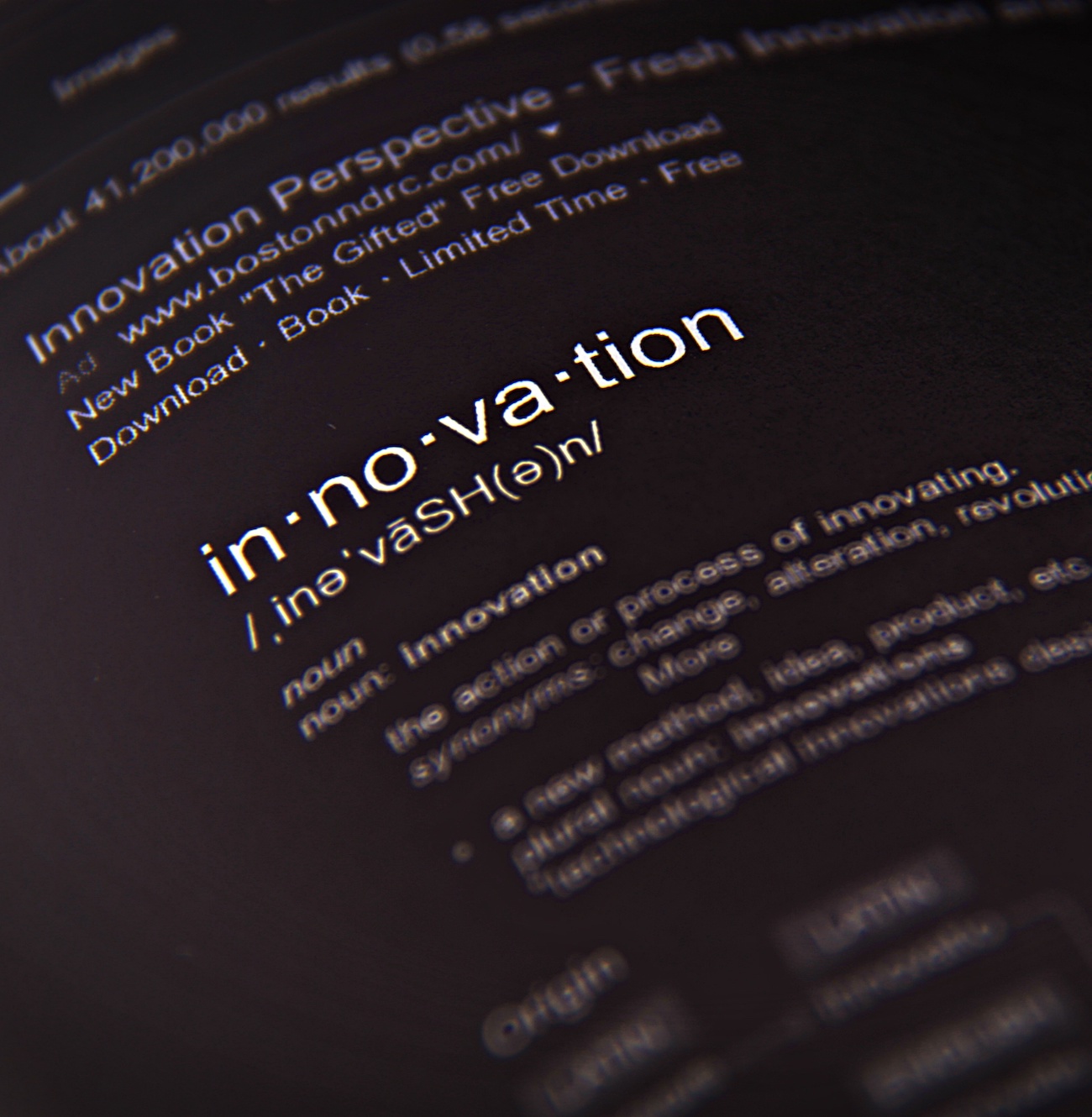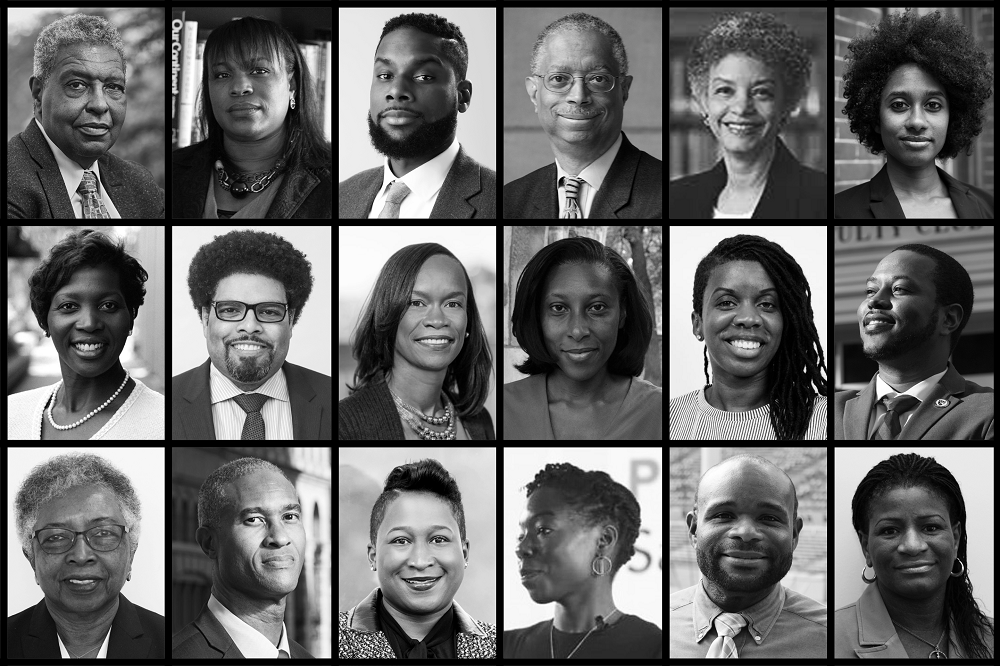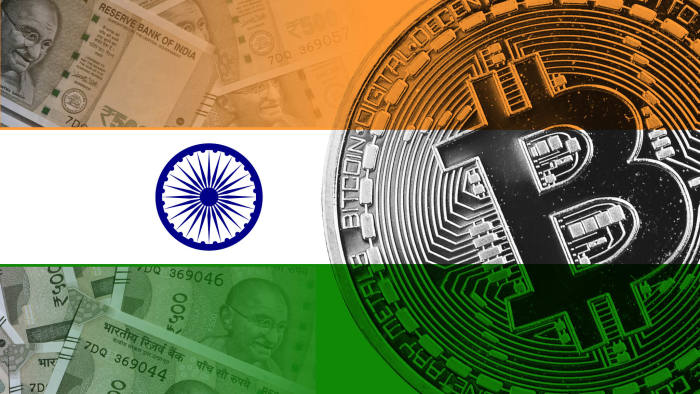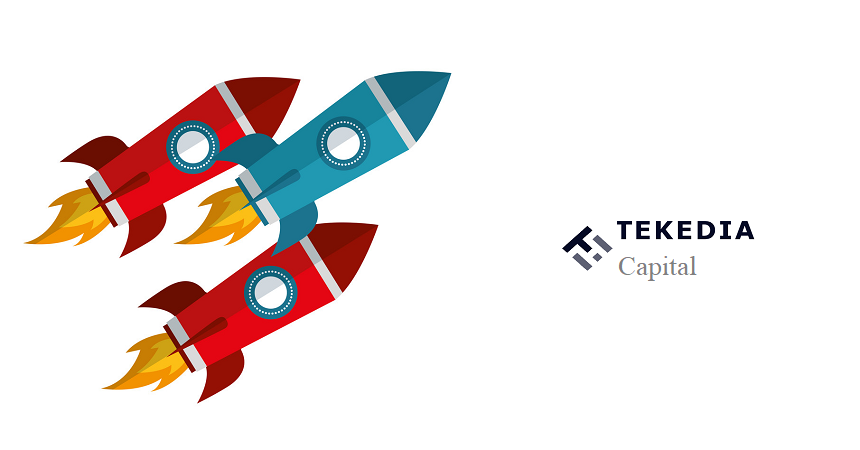There are words used to insult somebody’s intelligence, one appears in the dictionary as offensive and the word ‘offensive’ has been described by words likely to upset, insult, irritate and unpleasant to sense. (Encarta dictionaries 2009). I do like to be scientific, and science does not move around emotions which begat insult. You will be an idiot if science diagnoses you to have contracted HIV and you think it’s an insult on you. In that line of thought, I get confused about the word ‘idiot’ when I need to use it within the scope of rationality where science operates. Can one diagnose someone of being an idiot as one do for other mental related phenomena? Unfortunately, the dictionary does not support that, is the dictionary trying to be nice? If then one cannot diagnose one as being an idiot, does that mean the situation does not exist? Am sure you will agree it does, that is, there are situations where someone or a group of people have an IQ that is lower to others. If this is possible, then can that be seen as true or an insult? Comepition
Why?
We have two prominent theories for the explanation on how man came into existence, we have the Evolutionist theory and the Creationist theory. This is a black society; the largest black community is Nigeria, the country where I am writing from and that makes the big difference as a participant observer, findings here can be generalized so you can never say I am wailing from distance. In this country, 99% believe in the creationist theory. Most people are religious, unlike many other developed countries. One can say it’s the extension of our nature of being fetish.
The evolution theory is not always accepted as the scientific explanation of how we are here but it has claimed to have used the scientific method; thus, findings are not expected to be submitted with emotions, thus, insults are not to be seen as motivations behind positions during criticism. Criticism must also follow the scientific method.
Simply put, evolution theory is the explanation of how “The Big Bang” initiated life as we have it. How life began from the primordial soup that formed the first cell that evolved into the first man (Homo). The human (homo) evolution is characterized by intelligence Louis Leakey originally argued that the origin of Homo related directly to the development of toolmaking—specifically, the making of stone tools. Toolmaking requires certain mental skills and fine hand manipulation that may exist only in members of our own genus. Indeed, the name Homo habilis (meaning “handy man”) refers directly to the making and use of tools and initiated the ‘early homo’ which was followed by Homo rudolfensis. Middle Homos are Homo ergaster, Homo erectus then homo heidelbergensis, and today’s man is called Homo sapien
These scientists believe humans evolved in Africa and lived only there for as long as 4 million years or more, they then wonder what finally triggered the first human migration out of Africa (a movement that coincided with the spread of early human populations throughout the African continent).
At this point, there can be two possibilities of insinuations. It is either that evolution stopped on homo sapien so everyone can go home and enjoy the intelligence brought with time or ‘the reason the first human left Africa’ is the part expressing another upgrade in evolution. As one can easily notice, that the graph of evolution is not drawn horizontal but vertical. We are not here to review the evolution theory but to make sense of the facts and connotations that affect the blacks as a race. So let’s dive.
The Story of Ota Benga: The famous black under the lens of the Evolutionists
Ota Benga was captured in 1904 by an evolutionist researcher in the Congo. In his own tongue, his name meant “friend”. He had a wife and two children. Chained and caged like an animal, he was taken to the USA where evolutionist scientists displayed him to the public in the St Louis World Fair along with other ape species and introduced him as “the closest transitional link to man”, you note here that black people are not really referred to as ‘men’. Two years later, they took him to the Bronx Zoo in New York and there they exhibited him under the denomination of “ancient ancestors of man” along with a few chimpanzees, a gorilla named Dinah, and an orang-utan called
Dohung. Dr William T. Hornaday, the zoo’s evolutionist director gave long speeches on how proud he was to have this exceptional “transitional form” in his zoo and treated caged Ota Benga as if he were an ordinary animal. Unable to bear the treatment he was subjected to, Ota Benga eventually committed suicide. In no means am I condoling maltreatment of other men just because they have low intelligence, not even under scientific activity? And when I leave apologies here then I will wonder if a black man will do the same if they are in their shoe. I won’t complete that thought before I ask if black people can ever be in that shoe.
‘Pretence’ is not scientific so no need pretending the fact here that ‘scientifically’ the whites understand blacks has been lowly intelligent. Furthermore, This claim was popularly emphasised, professed by James Watson, winner of the 1962 Nobel price in biology. He talked himself into the eye of the storm on October 14, 2007, during an interview to the Sunday Times of London. James D. Watson, 79, co-discoverer of the DNA helix and winner of the 1962 Nobel Prize in medicine, told the Sunday Times of London that he was “inherently gloomy about the prospect of Africa” because “all our social policies are based on the fact that their intelligence is the same as ours — whereas all the testing says not really.”
Before you attack the part he said “…all the testing says not really” to throw the baby out with the bathwater, remember that we can’t argue this. Though things have not been running so well for him after this pronouncement, however, I will like to believe he is being victimized by people that are sympathetic with black people and those that his word will hurt their business because making Blacks be aware of their intelligence state might wake the blacks up.
Here is the fun part. My last week black experience was excitingly sealed with a feature story written by Dr Adesina Lukman of the University of Ilorin mass communication in the department newspaper: Unilorin Watch. It was a week where I slid into my Instagram account and had an interesting discovery. I have seen most of the white people I followed up to purposeful experiences in their videos and pictures and the blacks I followed had a video where they are ‘tweking’ (a seductive dance that is done by throwing the buttocks up&down in rhythm to a music) or taking a picture where the subject tries so hard to attain perfect display of the robustness of their buttocks. It was also the week I found out the Instagram name of a girl I liked so much for her shape is ‘mz Endowed’; a name emphasizing the largeness of her buttocks; I just had to unfollow her, it is apparent it is only the ‘butt’ she is bringing to the table.
This got me thinking on how the black female existence surrounds her buttocks. And with enough scare, we can’t but refer back to the works of John Philippe a British born psychology professor at the University of Western Ontario in Canada, most widely known for his work on intelligence and racial differences, particularly his book “Race, Evolution and Behaviour. He is a Fellow of the American Association for the Advancement of Science, and the American, British, and Canadian Psychological Associations. Rushton’s academic position is clear – Blacks are intellectually inferior due to genetic make-up; the size of their brains happen to be smaller; they have larger genitals – making them more promiscuous than whites or other groups.
Fast forward to the report by Vanguard in 2015, on a survey that surfaced, listing countries with most unfaithful wives in the world. The survey conducted by condom manufacturer, Durex, had them (Nigerian women) topping the list and beating 35 other countries, including Western countries, sampled in the marital infidelity test. This is not surprising of a race that their women have being shaped by their environment and simple western indoctrination to bring nothing to the table than the big sexual features. The royal wedding did not go viral like it is expectations. Sanity, simplicity was a hallmark. So black people saw nothing interesting in it so they let it be. That the bride did not come out partially nude is not a topic of a sound society. But this is a feature of a good wedding in black nations; look around you. You can almost pay the bride to put clothes on. Well, I am very much aware of the Nigerian situation. The royal wedding did not trend much in Nigeria because partial nudity which is an extension and feature of emptiness/ low IQ was not a feature of the classic event. Buttocks and cleavages are the highlights of class in our mentality, if you think am kidding, switch on the TV and watch for a few minutes.
Moreover, in furtherance to the latter point of discussion, the article by Dr Adesina inspires this one you are reading because of how it exposes another evidence that clearly identifies the low IQ of black people as part of fundamental evolution theory. I have read much about the evolution of homos, then his article exposed a point that has always being hidden from me. If it is true that the whites are more evolved than the blacks then the science book should have identified that, however, skipping that part of in most of the books can only send the idea to the world of doubt. However, I have discovered the link, thanks to Dr Adesina. I shall now quote from this piece.
“The beginning of the entry for the word “Negro” in the 1798 Encyclopedia Britannica describes Negroes in a very disheartening, derogatory and stereotypical manner. Negroes are described as Homo pelli nigra,” a name given to a variety of human species, who are entirely black and are found in the Torrid zone, especially in that part of Africa which lies within the Tropics”. As the entry continues to disparagingly describe Negro, it adds that “In the completion of Negroes we meet with various shade; but they likewise differ far from other men in all the features of their face. Round cheeks, high cheek-bones, a forehead somewhat elevated, a short, broad, flat nose, thick lips, small ears, ugliness, and irregularity of shape, characterize their external appearance. The Negro women have their loins greatly depressed and very large buttocks, which give the black of the shape of a saddle”.
But the part of the description of Negroes in the entry, which saddens me more frequently and excruciatingly, is the devaluation of denigration of Negroes’ moral architectures. In a very pungent and demeaning manner, the entry continues to describe Negroes as people who are grossly engrained with all forms of vices. As the entry puts it, “vices the most notorious seem to be the portion of this unhappy race; idleness, treachery, revenge, cruelty, impudence, stealing, lying, profanity, debauchery, nastiness [pettiness, slyness, fetishes, power-hungriness] and intemperance, are said to have extinguished the principles of natural law, and to have silenced the reproofs of conscience. They are strangers to every sentiment of compassion, and are an awful example of the corruption of man when left to himself”.
Homo pelli nigra
Wow, before now, I can only trace the word ‘negro’ back to the slavery era, but now there is a root to it. We cannot miss the fact that the word ‘nigga’ which is used by black people to refer to one another and considered offensive if used by other races came from the word ‘negro’. You will see the sense of ownership in blacks when they refer to themselves as a nigga, a word that comes from homo pelli nigra which clearly signifies the inferiority in a race. That means black people have accepted this tag, if not they do use these words in ignorance and ignorance is a feature of homo pelli nigra.
Ignorance… how many pages will contain how guilty we are of this? But before you argue, let’s focus on our educational sector that hasn’t make any landmark since inception. In Nigeria, our curricula feed the workforce with unemployable youths and now it is just better one have a handiwork so that the joke of our education won’t be on them.
Do you also notice that, the best government we had are on the time close to the colonial era? From the explanation of what a negro is, we got: “They are strangers to every sentiment of compassion, and are an awful example of the corruption of man when left to himself”. I shall skip the ‘corruption’ part in this article, it is self-explanatory.
The Big Question
“Are we really less intelligent?” First and foremost, let us remember the question is not ‘are we really not intelligent?”. Which question I should be asking is a matter of choice for me because I have faint faith in not wanting to believe black people are not intelligent, however, there is no a conviction to support that anyway but one has to be positive. In my experience, black people never ponder on this question, even though it is apparent that there is not a developed black nation or concentration anywhere. An average black just want to be entertained’ “suffer and smile”. Asking the question can mostly earn one insults or being ignored like advancing a complex mathematical formula to a monkey. The ‘comebacks’ are weak and pathetic. You get the responses like ‘you have been damaged by white propaganda and brainwash’ if I am truly intelligent, how can I be jinxed by white imperialism so badly that I will stay to hallucinate that I am an idiot? If this is actually true, then liberate me.
“If black people have the same opportunity as whites then they will do better”. What opportunity are we talking about here, are you saying your God created white earlier and gave them all the technologies and later create the blacks? We even have better lands and resources, so how can this be a tenable comeback?
“White people came to destroy and stole from us so we won’t survive”, if you are equally wise, then you will have two scenarios. You have created security mechanisms so that that couldn’t have happened and if that had failed then you go after them since you know them and collect the stolen goods back, OR you rise again. It is only a loser that spends a lifetime destroyed because he got visited by thieves.
“Our government is bad and theirs is good”, is this because white people rule us and black people rule them? As far as I can see, we created our government.
“you can’t say that because I can mention 100s of Black individuals doing great”: well, individuals don’t make a race. Of course, the world will keep recording exceptions, like ladies that have won over men in war front in history but we wont because of that populate our army with women because eit is not their nature. I wont say intelligence is not our nature at this point, I am just saying, when it comes to generic study, individuals doesn’t count.
To Hear From a Creationists
As a black creationist, I also believe that all fingers are not equal; no one has the complete package. We all have to use what we have to get what we want and thank God. And God won’t give you perfect shape, great genitals, good land and also give with the best IQ. So, practically, the creationist ideology doesn’t support equivalent IQ in humanity, thus, Black might have been created not intelligent.
A Prophet of Doom?
Scientific or not, this has not been a happy ride for blacks. Scientific or not, the biggest truth does not come as sweet. If a man has children, it is safer for him to determine their abilities and not base judgment on the wish that every child is equal. To be successful one has to understand oneself, the strength and flaws before one can work towards what really matters. It is only when we know the problem that we can start evoving and solving, however, solved or not, the truth is priceless.
One Question: Where do I belong?
It took me just a way to compile these report but this part of this work took me more than a month because to continue because it gets me to confuse on how to conclude and where to stay on this topic as a black man. Should I stay with my race or the facts? However, I have to run back when I found the perfect analogy. We are all born empty as the philosopher said. This world exposed us and we learnt. I might have to be a protagonist of education from black nations (esp in Nigeria) because of retarding nature and how it has underdeveloped it students ( find my article, ‘NUC: The Nation’s Nightmare’ and ‘EntrepreneurShit’ ), yet education is a way of building the mind. So, as blacks, we need to understand our nature, our bad environment and everything set on us that keeps us deluded and unaware of our failures then we can grow from there. Because if you do not find your problem, then you can’t solve it. If education can build a man from the state of zero, then a black man can dance less and learn to join the fast-moving world fast leaving him in Stone Age and unproductive danger.
I had created a movement called #theNewBlack, #Evolveromblackness to draw a line that ends a careless past and walking into an intelligent future. Forget the greatness of the past that they told us how great and literate we were contrary to what whites want us to believe, we can’t live in those past again if they truly exist (though, no traces, library of them around). Let us focus on the future to come. Be a conscious black. Be new.
REFERENCES
BOOK
Evolution Deceit by Harun Yahya
JOURNAL
Unilorin Watch Oct 2018 Vol 10 No1.
WEB
https://www.vanguardngr.com/2015/01/nigerian-women-unfaithful-wives-world/ Nigerian women most unfaithful wives in the world? ON JANUARY 3, 201512:21 AM
Click here
Like this:
Like Loading...






